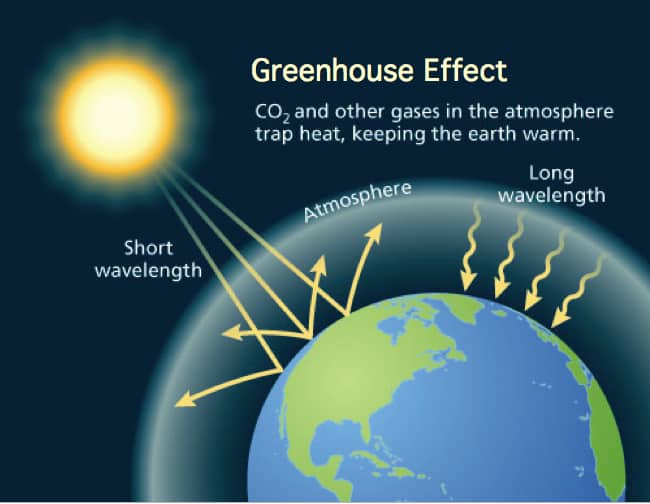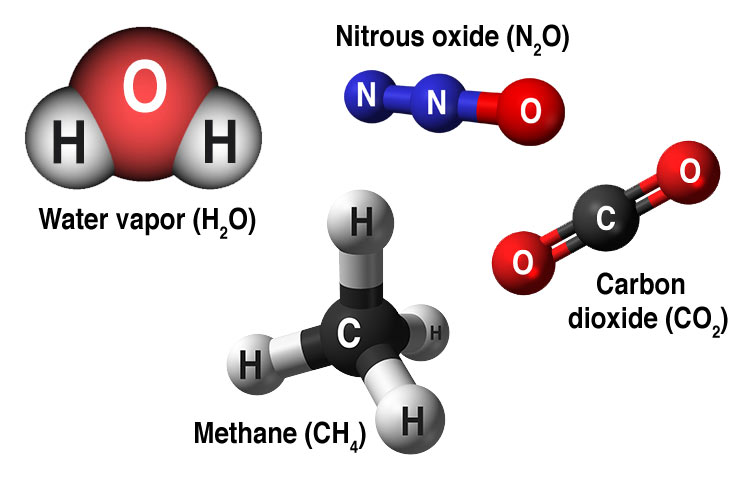me, A. (2016, 4 14). How To Stop Global Warming - EPIC HOW TO. Retrieved from Youtube: https://www.youtube.com/watch?v=vddc0eWFDVs
News, B. (2018, 10 25). What is global warming? Retrieved from Yahoo News: https://ca.news.yahoo.com/global-warming-121623617.html
Keating, C. (2013). Global Warming. Salem Press Encyclopedia of Science.
Retrieved from http://search.ebscohost.com/login.aspx?direct=true&db=t6o&AN=88953012
Geographic, N.
(n.d.). Global Warming Solutions. Retrieved from National Geographic:
https://www.nationalgeographic.com/environment/global-warming/global-warming-solutions/
Geographic, N.
(n.d.). What Is Global Warming? Retrieved from National Geographic:
https://www.nationalgeographic.com/environment/global-warming/global-warming-overview/
MacMillan, A.
(2016, 3 11). Global Warming 101. Retrieved from NRDC:
https://www.nrdc.org/stories/global-warming-101
New?, B. W. (2018,
10 16). What is Global Warming? - BBC What's New? Retrieved from
Youtube: https://www.youtube.com/watch?v=YJrKgBUDGYc
Pappas, S. (2017,
8 10). What Is Global Warming? Retrieved from Live Science:
https://www.livescience.com/37003-global-warming.html
Team, E. S. (2018,
11 15). A blanket around the Earth. Retrieved from Global Climate Change:
https://climate.nasa.gov/causes/
WWF. (n.d.). Causes
of global warming. Retrieved from WWF:
https://www.wwf.org.au/what-we-do/climate/causes-of-global-warming#gs.ug8KaQc
New?, B. W. (2018,
10 16). What is Global Warming? - BBC What's New? Retrieved from
Youtube: https://www.youtube.com/watch?v=YJrKgBUDGYc
10 Ways to Prevent Global Warming. (2015, 6 27). Retrieved from Let's Save Our Planet:
http://nowsaveourplanet.blogspot.com/2015/06/10-ways-to-prevent-global-warming.html











